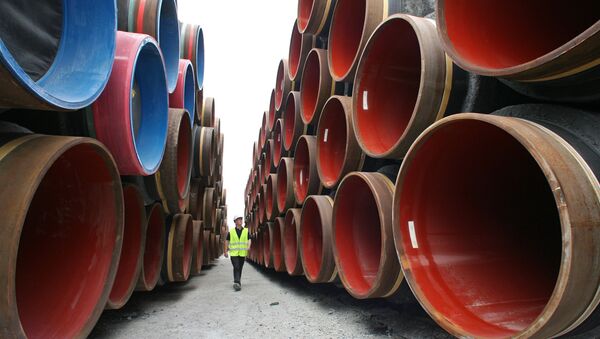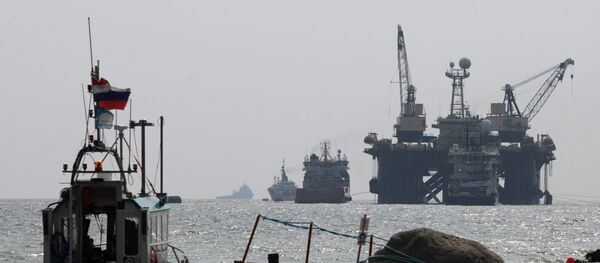"We write to express our concern about the continuing development of the Nord Stream 2 pipeline that would carry natural gas from Russia to Germany," lawmakers wrote in a letter to Mnuchin, as well as and Deputy Secretary of State John Sullivan. "We oppose Nord Stream II and urge the administration to utilize all of the tools at its disposal to prevent its construction.
The letter explained that a provision in CAATSA provides the administration with an additional tool to identify and sanction US and foreign entities supporting or expanding Russian energy giant Gazprom’s "near-monopolist role in providing energy to US allies."
The senators noted that "Congress continues to send clear, bipartisan, and unambiguous signals to the administration and to the world that we support efforts to counter Russian malign influence."
Nord Stream 2 is a joint venture of Russia’s Gazprom and five European companies, France's Engie, Austria’s OMV AG, UK-Dutch Royal Dutch Shell and Germany's Uniper and Wintershall.
The pipeline aims to deliver 55 billion cubic meters of Russian natural gas a year to the European Union by transiting the Baltic Sea to Germany.
The pipeline project has been welcomed by some countries in Europe, such as Germany and Austria, and opposed by others, including Latvia, Lithuania, Moldova, Poland and Ukraine, which fear that it might increase their dependence on Russian gas.





